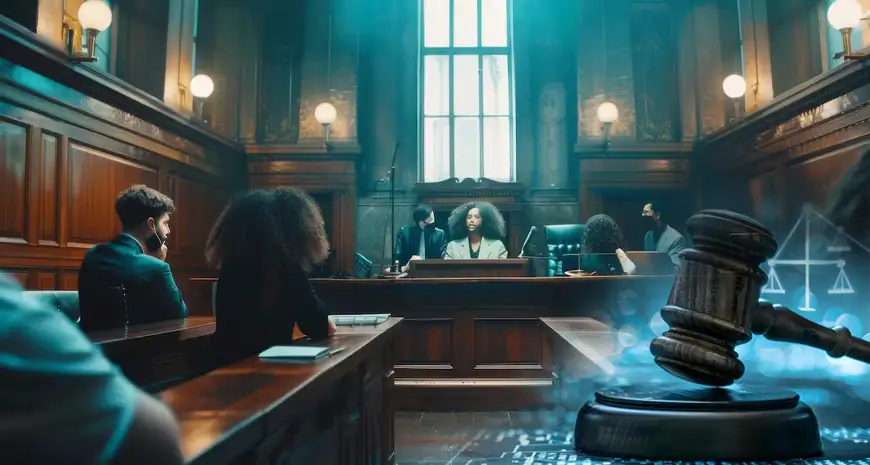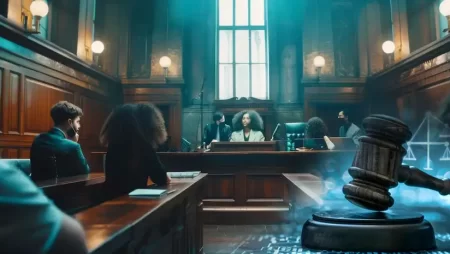

The Mohawk Council of Kahnawà:ke has made it clear that it will not appeal the Superior Court of Ontario’s ruling on iGaming Ontario’s gaming and wagering activities.
The MCK had previously aired its grievance regarding the government’s stand on issues related to iGaming, claiming that the province’s reading of Section 207 (1) about the criminal code was not in the correct perspective and the operators should not be given a free hand on the rules related to sole event sports wagering.
In the previous week, Justice Lisa Brownstone insisted that iGaming Ontario’s gaming standards were well within the limits of the criminal code.
The MCK’s stance is that, instead of standing against the ruling, it will scour other ways of dealing with the issue.
The court, however, thinks that there are viable possibilities that could arise from the MCK filing a re-appeal.
As per the political press attache of the council, Lisa Lahache, the situation turns into a good omen for MCK.
In the view-point of the MCK, they strongly feel that they have a right as tribals to operate and maintain the legality aspect related to gaming by themselves. Earlier, they had mentioned that Bill C-218, which brought in sole event sports wagering, paved the way for the certified markets in Ontario. This went against the tribal community, with regards to the iGaming and sports wagering space in the province.
Based on online gaming news in Canada, MCK’s further grievance was that it was compelled to dish out registration and certification fees, which goes against the legal standing pertaining to gaming. To demonstrate the injustice heaped on it, the MCK pulled the shutters on its affiliate, Mohawk Online Limited.
Following the Supreme Court’s verdict, Cody Diabo, who is the chief of MCK, spoke up against the fee factor, considering that the Kahnawà:ke Gaming Commission is recognized all over the world and the requirement was not at all justified.
The MCK has its hopes pinned on Bill-268, which was the suggested legislation initiated by Senator Scott tannas, and firmly believes that it will help overturn the criminal code, offering the rights to the tribal community to function by themselves, with regards to running a lottery related set up.





